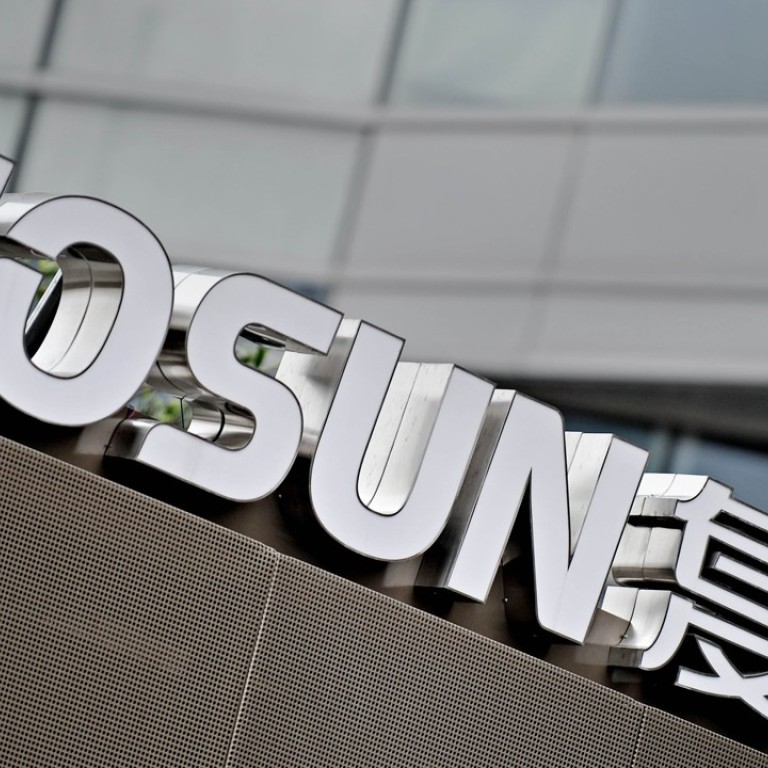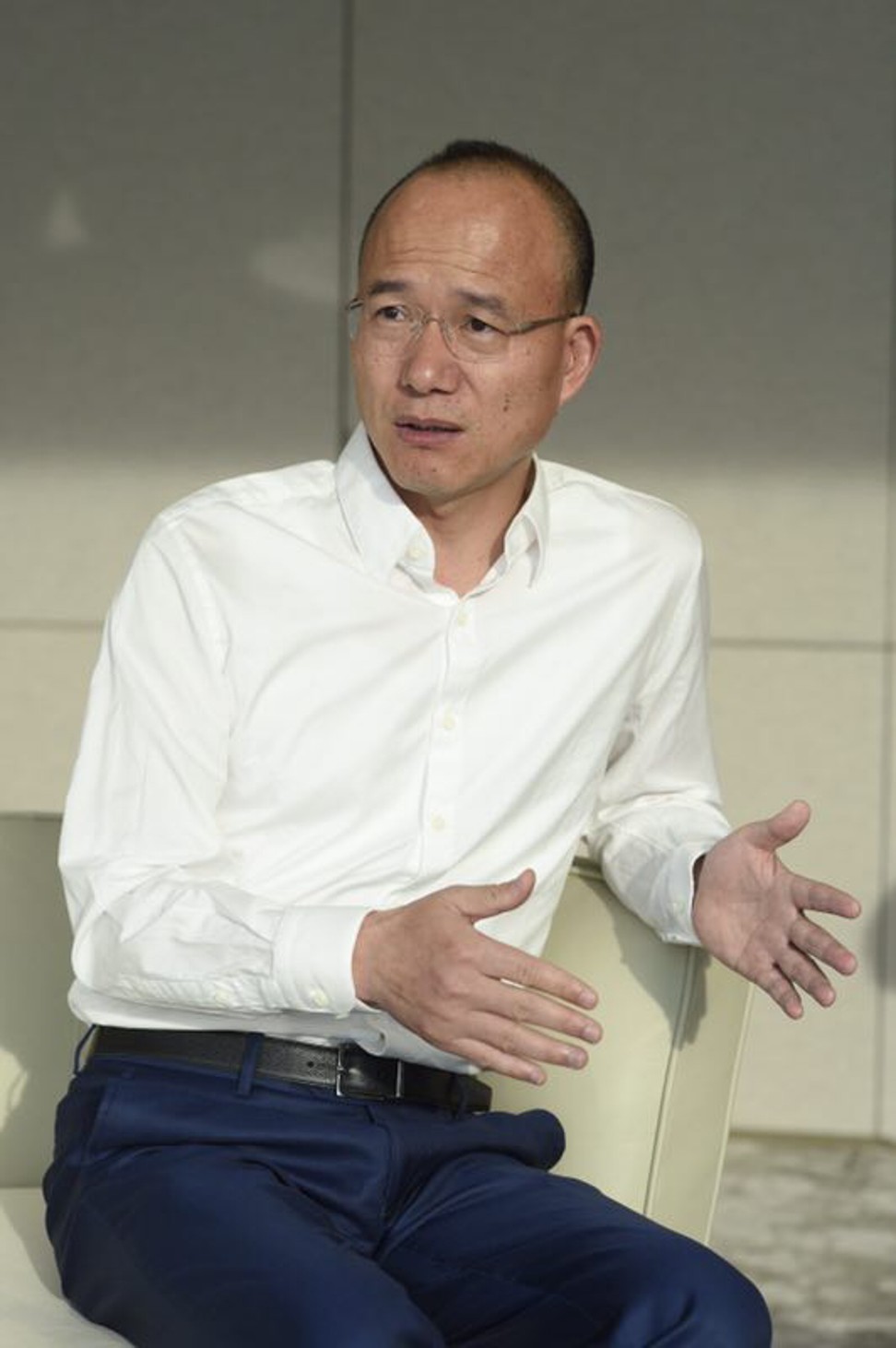
Fosun’s Guo urges investors to make rumourmongers pay, in a WeChat post from Sao Paolo
Guo Guangchang, the founder and chairman of one of China’s biggest asset buyers, has urged his company’s shareholders and investors to take action against rumourmongers whose falsehoods destroy stock market value and hurt their financial interests.
Guo would know. On July 6, the share prices of Shanghai Fosun Pharmaceutical Group Co., the flagship drug maker of his sprawling Fosun Group -- with businesses from property to financial services -- plunged on the Shanghai and Hong Kong bourses, after word spread that the 50-year-old entrepreneur was unreachable.
Being unreachable is a frequently used euphemism in China, when high officials and sometimes the chiefs of state-owned companies, would be detained without notification for investigations.
The origin of the rumour was apparently a December 2015 news report about Guo, who’d been unreachable then while he was cooperating with Chinese investigators with probes into the country’s stock market rout that had broken out five months earlier.

“Investigators found that ... staff from Hithink’s financial news outlet published a breaking news report that Guo was missing without taking notice that this piece of news, originally from another media website, dated back to December 2015,” the China Securities Regulatory Commission said in a July 21 statement.
The regulator fined Hithink 200,000 yuan (US$29,580) for spreading misleading market-sensitive information. The company’s stock fell 2.5 per cent Monday to 48.10 yuan on the Shenzhen stock exchange.
The Chinese regulator will step up on its crackdown of misleading information that would “cause panic and chaos in the market,” while reminding media organisations to “uphold their neutrality and objectivity,” a spokesperson said.
The spotlight on Guo came at an uncomfortable time for the entrepreneurs behind some of China’s largest asset-buying conglomerates.
From the insurance-and-hotel owner Anbang Group to magnate Wang Jianlin’s cinema chain Wanda Group to Guo’s Fosun, their global asset acquisitions had come under scrutiny amid concerns of their leverage and debt levels.
Fosun has been steadily reducing its borrowings and debt level, Guo said. But the “astonishing speed” by which unverified speculation could circulate magnifies the detrimental impact of the rumours, he said.
“It’s not merely the duty of any one government department, enterprise or any individual to make rumourmongers pay, and to create a better business environment,” Guo said. “It’s a shared effort by every participant in the economy.”

